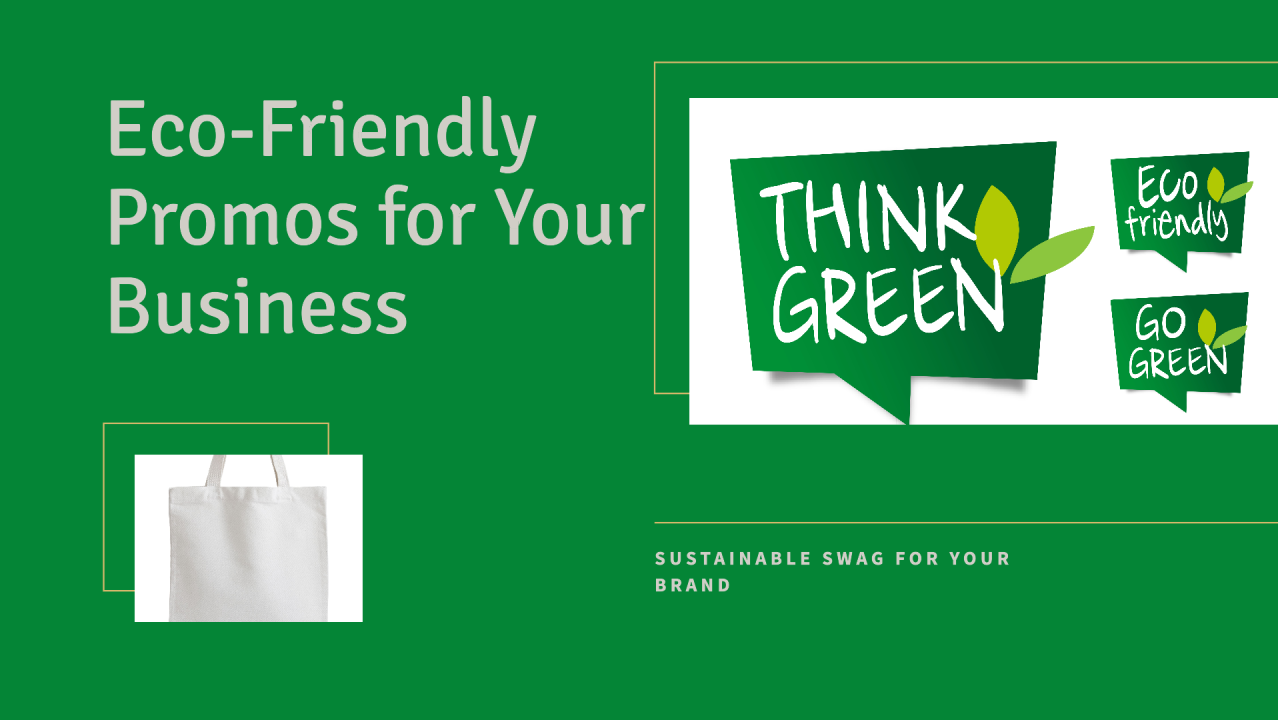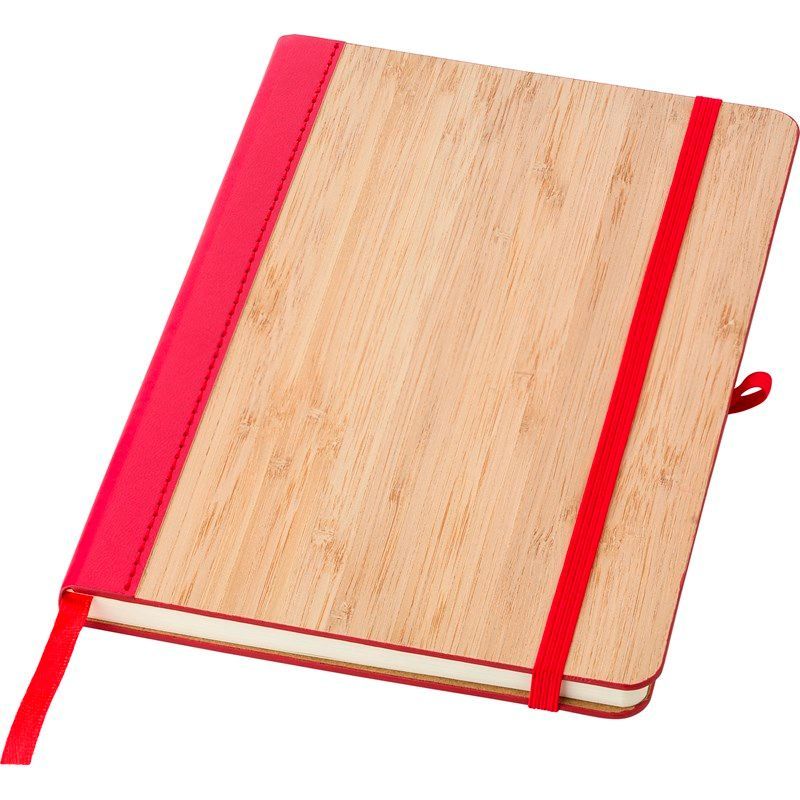In recent years, bamboo has appeared as a game-changer in the quest for sustainable alternatives to plastic. This versatile and rapidly renewable resource has gained popularity as an eco-friendly material for various products. Here are several reasons why bamboo stands out as an excellent substitute for plastic:
1. Sustainability and Rapid Growth:
Bamboo is one of the fastest-growing plants on Earth, with some species growing up to 91 cm (36 inches) in just 24 hours. Its rapid growth rate allows for efficient and sustainable harvesting. Unlike plastic, which is derived from fossil fuels and takes centuries to decompose, bamboo is a renewable resource that can be harvested in a relatively short cycle.
2. Biodegradable and Compostable:
One of the most significant advantages of bamboo over plastic is its biodegradability. When discarded, bamboo products naturally decompose, returning to the earth without leaving harmful microplastics behind. It also makes excellent compost, enriching the soil and contributing to a circular, regenerative ecosystem.
3. Reduced Carbon Footprint:
Bamboo's growth process actively absorbs carbon dioxide from the atmosphere, making it an effective carbon sink. Unlike plastic production, which releases greenhouse gases and contributes to climate change, cultivating bamboo helps mitigate environmental impact and supports sustainable practices.
4. Durability and Versatility:
Bamboo has remarkable strength and durability, often rivalling the sturdiness of plastic. It can be crafted into a wide range of products, including cutlery, straws, plates, containers, and even textiles for clothing. Its versatility allows businesses and consumers to make a sustainable choice without compromising on quality.
5. Non-toxic and Chemical-free:
Bamboo is naturally resistant to pests and diseases, reducing the need for harmful pesticides or chemicals during cultivation. Consequently, bamboo-based products are non-toxic and safe for both users and the environment.



